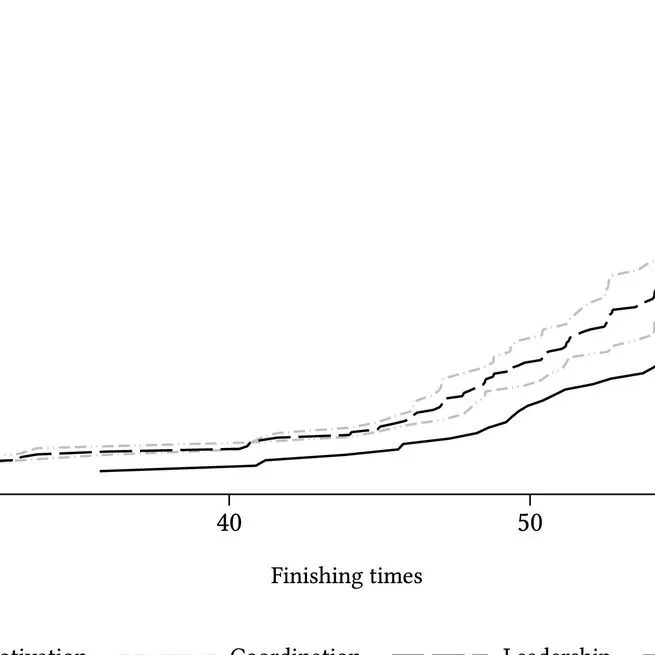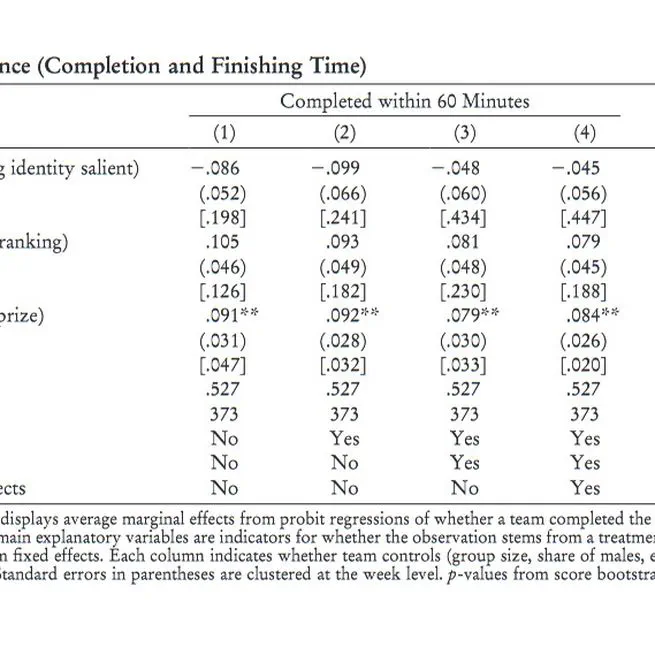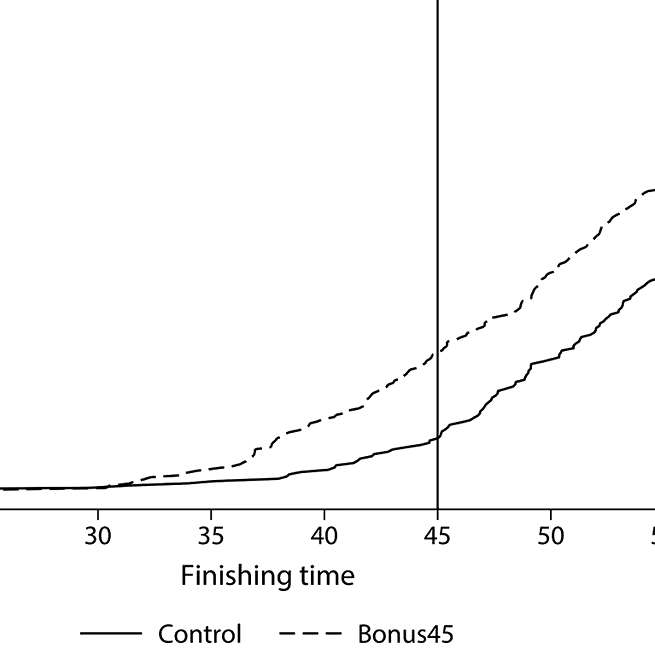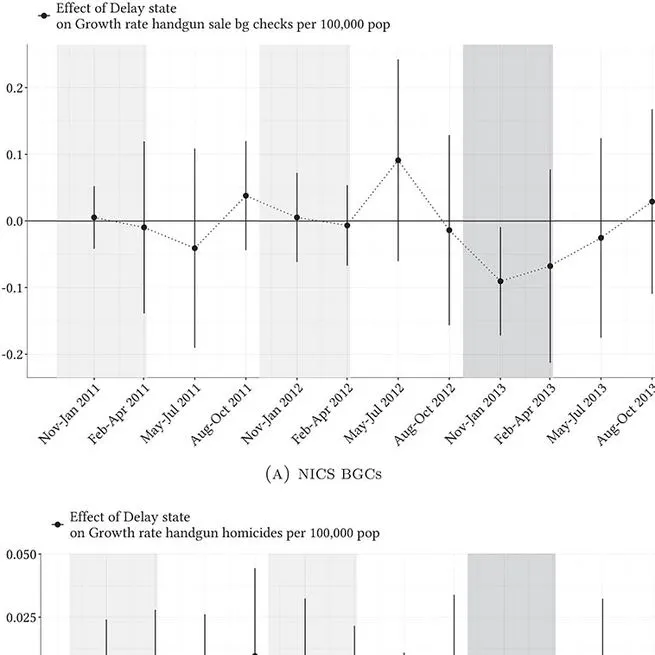Jan 2, 2026

Abstract Companies increasingly make use of team-based organizational structures in complex non-routine tasks. To foster performance in these settings, scholars and practitioners alike have emphasized the potential of leadership. However, its value is difficult to identify in agile and cross-functional teams since leadership is often determined endogenously. To explore the causal impact of leadership, this study randomly encourages teams in a large-scale field experiment (281 teams consisting of 1,273 participants) to select a leader who consistently motivates or consistently coordinates their team. Both encouragements substantially improve team performance and systematically alter team organization, without reducing the originality of solutions.
Feb 12, 2025
Jan 1, 2025
Jan 1, 2025
Jan 1, 2025
Jan 1, 2025
Jan 1, 2025

Abstract Tournaments are often used to improve performance in innovation contexts. Tournaments provide monetary incentives but also render teams’ identity and image concerns salient. We study the effects of tournaments on team performance in a nonroutine task and identify the importance of these behavioral aspects. In a field experiment (n>1,700 participants), we vary the salience of team identity, social image concerns, and whether teams face monetary incentives. Increased salience of team identity does not improve performance. Social image motivates the top performers. Additional monetary incentives improve all teams’ outcomes without crowding out teams’ willingness to explore or perform similar tasks again.
Oct 1, 2024

Abstract Despite the prevalence of nonroutine analytical team tasks in modern economies, little is understood regarding how incentives influence performance in these tasks. In a series of field experiments involving more than 5,000 participants, we investigate how incentives alter behavior in teams working on such a task. We document a positive effect of bonus incentives on performance, even among teams with strong intrinsic motivation. Bonuses also transform team organization by enhancing the demand for leadership. Exogenously increasing teams’ demand for leadership results in performance improvements comparable to those seen with bonus incentives, rendering it as a likely mediator of incentive effects.
Aug 1, 2024

Abstract Do firearm purchase delay laws reduce aggregate homicide levels? Using variation from a six-month countrywide gun demand shock in 2012/2013, we show that U.S. states with legislation preventing immediate handgun purchases experienced smaller increases in handgun sales. Our findings indicate that this is likely driven by comparatively lower purchases among impulsive consumers. We then demonstrate that states with purchase delays also witnessed comparatively 2% lower homicide rates during the same period. Further evidence shows that lower handgun sales coincided primarily with fewer impulsive assaults and points toward reduced acts of domestic violence.
Sep 1, 2023